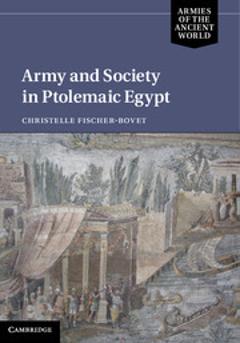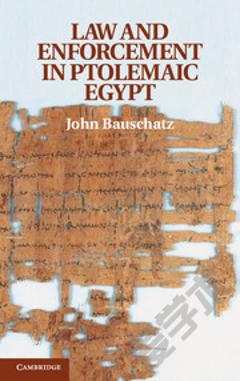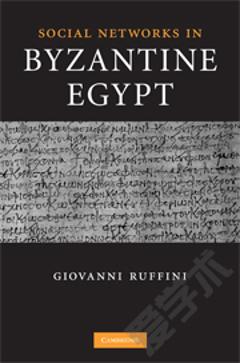Army and Society in Ptolemaic Egypt
This is the only substantial and up-to-date reference work on the Ptolemaic army. Employing Greek and Egyptian papyri and inscriptions, and building on approaches developed in state-formation theory, it offers a coherent account of how the changing structures of the army in Egypt after Alexander's conquest led to the development of an ethnically more integrated society. A new tripartite division of Ptolemaic history challenges the idea of gradual decline, and emphasizes the reshaping of military structures that took place between c.220 and c.160 BC in response to changes in the nature of warfare, mobilization and demobilization, and financial constraints. An investigation of the socio-economic role played by soldiers permits a reassessment of the cleruchic system and shows how soldiers' associations generated interethnic group solidarity. By integrating Egyptian evidence, Christelle Fischer-Bovet also demonstrates that the connection between the army and local temples offered new ways for Greeks and Egyptians to interact.
{{comment.content}}








 京公网安备 11010802027623号
京公网安备 11010802027623号